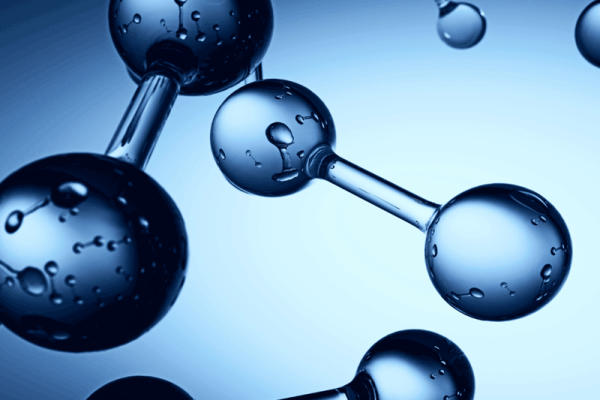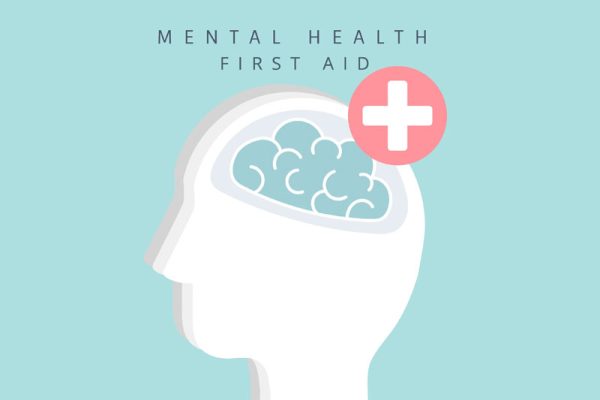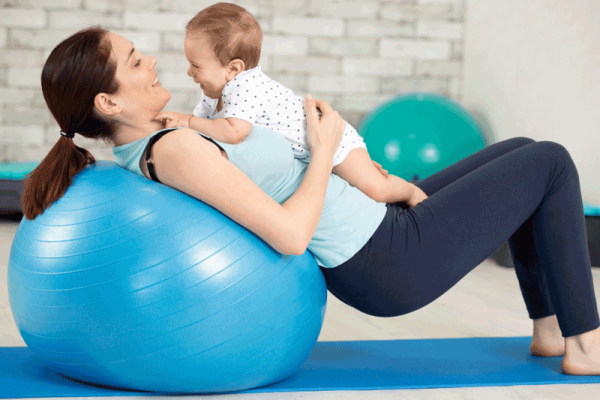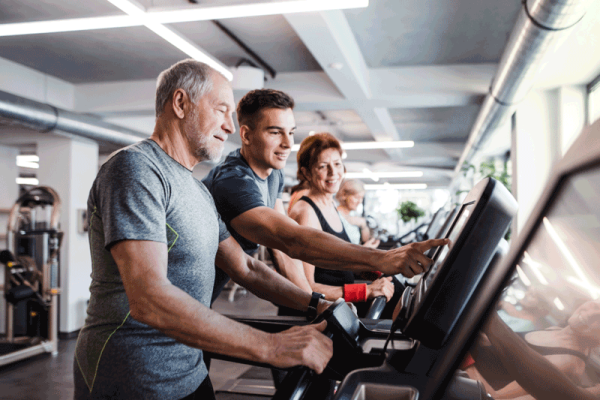CPD and Event opportunities
Professional Development Opportunities


CPD Opportunities, Live online events
From Molecules to Medals: Muscle Adaptation to Exercise Webinar
Wednesday, 30 July 2025 4:00pm - 5:30pm AEST
Online
In association with
ESSA


CPD Opportunities, Live online events
Exercise Rejuvenates the Epigenetics Landscape Webinar
Monday, 28 July 2025 1:00pm - 2.30pm AEST
Online
In association with
ESSA


CPD Opportunities, Live online events
Mental Health First Aid Blended Online Course
Friday, 25 July 2025 10:00am to 3:00pm AEST
Online
In association with
ESSA


CPD Opportunities, Live online events
The Benefits of Exercise in Patients with Cancer Webinar
Thursday, 24 July 2025 9:00am - 10:30am AEST
Online
In association with
ESSA


CPD Opportunities, Live online events
New Guidance for Postpartum Physical Activity Webinar
Thursday, 17 July 2025 9:00am - 10:30am AEST
Online
In association with
ESSA


CPD Opportunities, Live online events
Efficacy of Exercise in Chronic Kidney and End-Stage Renal Disease Webinar
Tuesday, 15 July 2025. 9:00am - 10:30am AEST
Online
In association with
ESSA

